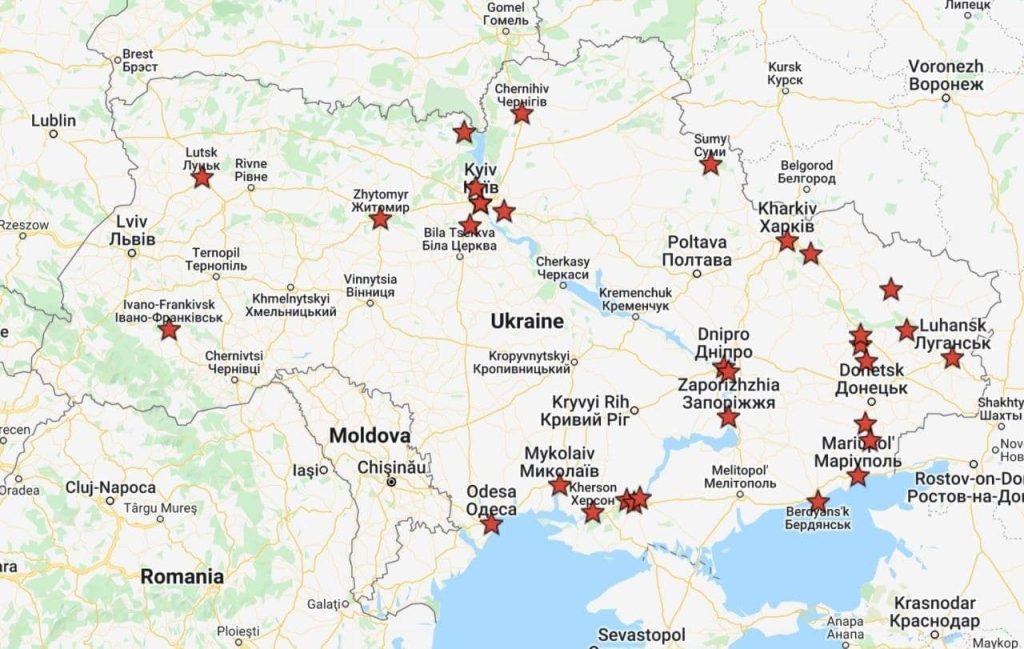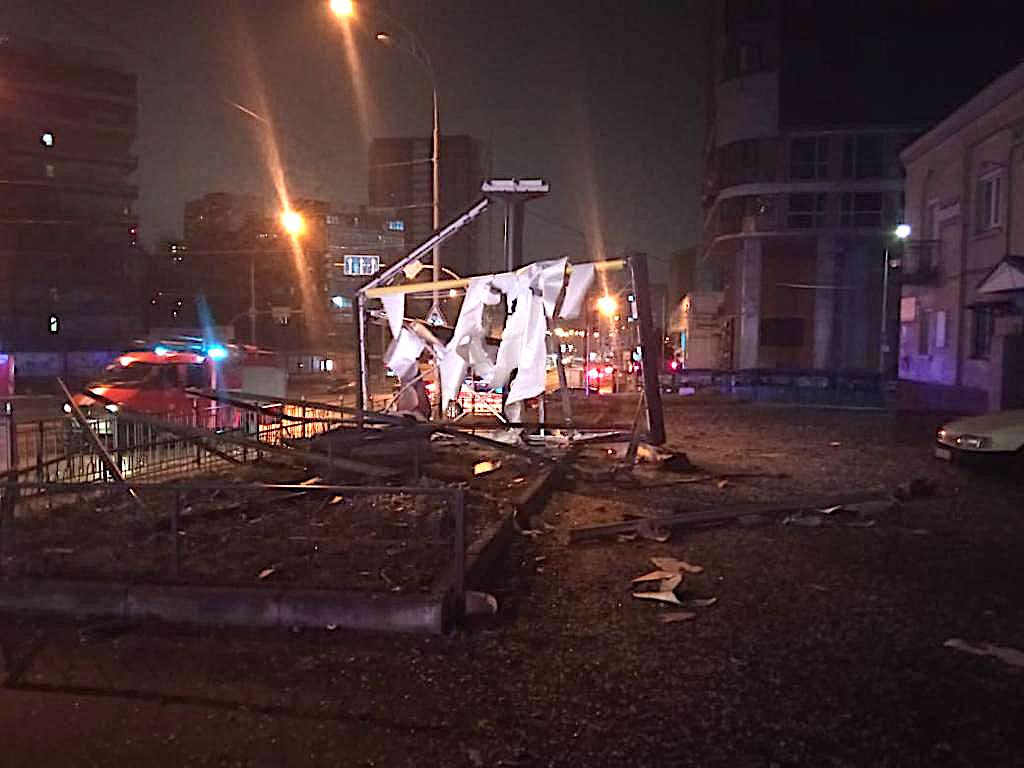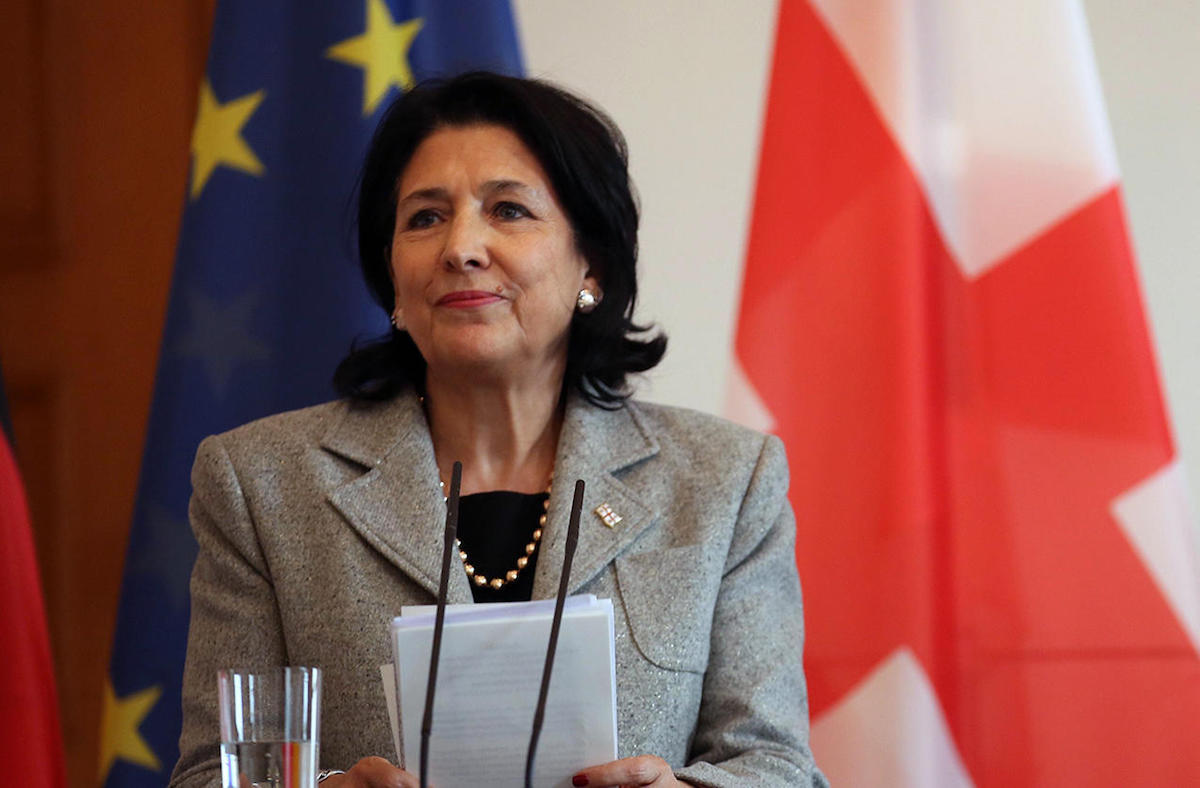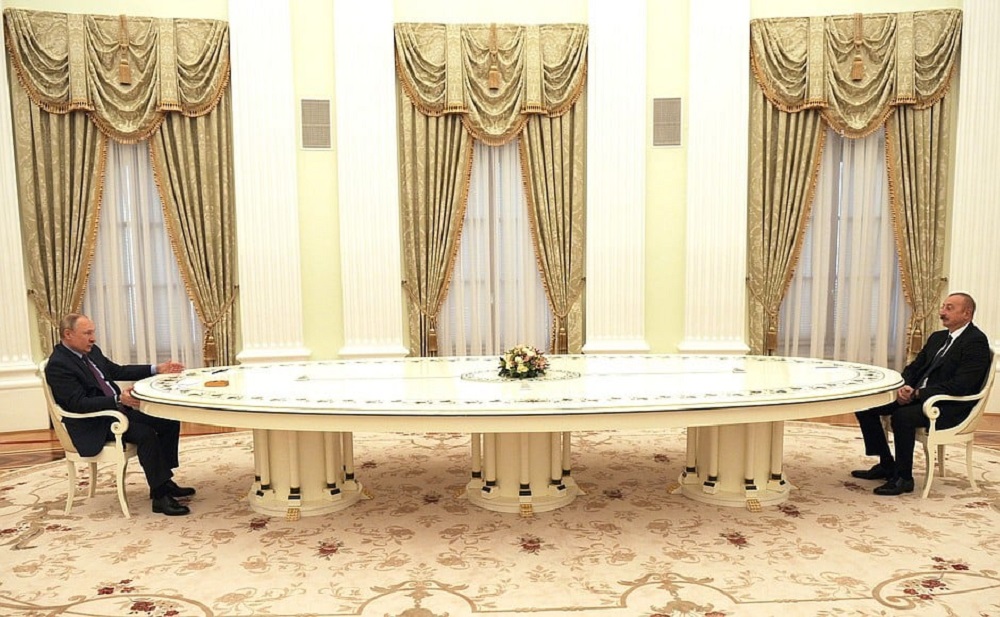Armenia responds to events in Ukraine: comments of political scientists and politicians
The official reaction of Armenia to the events in Ukraine did not come until the publication of this article. However, from the very morning the situation was commented on by politicians, political scientists and journalists. Along with assessing the actions of Russia, Ukraine and the West, they expressed concern about the political and economic risks that the conflict poses for Armenia. Local expert community raises the issue of concentrating efforts to ensure the security of Armenia and Nagorno-Karabakh.
Comments of Armenian politicians and political scientists.
Expert commentary
Political scientist Ruben Mehrabyan:
“What is happening in Ukraine today makes us say that this day will go down in history as a “black day”. There is a completely illegal invasion of Russia into the territory of sovereign Ukraine, which grossly violates international law and international norms.
This is, in fact, a crime against humanity, for which sooner or later Russia will be punished by the international community.
I am convinced that the main requirement is the price that civilization must pay in order to neutralize this threat.
For us, as a small country, everything that happens as a result of undermining the world order, what Russia is doing today, is dangerous. This means that international law does not work and the use of force is the norm. And yes, we are now under direct threat”.
Political scientist Armen Vardanyan:
“Obviously, the Russian-Ukrainian crisis will have a serious impact on Armenia – in several ways. First of all, this impact will be in economic terms. The economy of Armenia is closely connected with the economy of Russia. Russia is the main trading partner for Armenia, the first direction of export.
The weakening and paralysis of Russian economy will definitely affect the economy of Armenia.
Figuratively speaking, if the Russian economy “slightly catches a cold”, the Armenian economy “will fall seriously ill”, because the economy of our country is very dependent on the Russian economy. Money transfers from Russia to Armenia will decrease because the Russian ruble is falling rapidly, and daily. Thus, Armenia will feel the consequences of sanctions against Russia on its own skin.
If Russia is greatly weakened during the confrontation with the West, it is possible that Azerbaijan will take advantage of the situation and carry out new provocations in Nagorno-Karabakh, or even a new war”.
Political scientist Hrant Melik-Shahnazaryan:
“Here is a map of Russian strikes on Ukrainian military facilities.

Do you know what this map is talking about? In the course of modern wars, even geographically large countries, like Ukraine, completely turn into a military front.
In this context, I am convinced again and again that in the event of a properly organized war, the solution of the Karabakh problem can be a matter of several days for us. It is the same for them [Azerbaijanis]! We must be very aware of this and be prepared for this”.
Tigran Abrahamyan, deputy from the opposition “I have the honor” faction:
“Over the past week, Azerbaijan has carried out various provocations in the direction of Nagorno-Karabakh. They manifest themselves in the form of violations of the ceasefire, as far as I understand, only with firearms, an increase in the amount of disinformation, and so on.
Raising the level of relations with Azerbaijan, Russia will try to keep Azerbaijan in the field of maximum predictability, but Turkey’s breathing behind Azerbaijan’s back increases the likelihood of border incidents and ceasefire violations in general.
Turkey has a clear anti-Russian position on the situation in Ukraine.
In response to the Russian operation, small-scale provocations in the direction of Artsakh and Armenia can be conducted.
The problem here is not even in the desire of Azerbaijan, but in the fact that, at the initiative of Turkey, an attempt will be made to bring some destabilization to our region, which will force Russia to make additional efforts and send resources to the South Caucasus.
By the way, this danger exists in those regions where Russia is actively fighting for influence with Turkey or other actors.
So, in Armenia and Nagorno-Karabakh there is a need to increase vigilance. And this, first of all, concerns the structures that ensure internal and external security”.
Political scientist Stepan Danielyan:
“The situation has been constantly ‘heated up’ by the West, which, for three months, kept saying that Russia would attack Ukraine. For many, these were preventive statements, for others, an invitation to come in and take, that is, it was a process of making the international community get used to this idea.
I think that there is a big internal bargaining going on, and this “bargaining” is happening at the expense of Ukraine. Ukraine is being ‘given’ to Russia.
It is not only about Donetsk and Luhansk. They constantly say in the USA that Russia wants to take Kiev, the embassies are moving to Lviv, it’s almost like they are inviting it!
The question is: in exchange for what is Ukraine being sacrificed to Russia, that is, what will Russia have to give up? It seems to me that one can easily fall into conspiracy theories, even though they are not always wrong.
In my opinion, there can be several “gifts”. For example, Russia will not prevent Iranian gas from entering the European market. This is just a guess”.
Political observer Hakob Badalyan:
“The Ukrainian crisis poses two key issues for Armenia, and the issue of recognizing Donbass and Luhansk is not among them. One problem of a general nature: the confrontation between the West and Russia may force Russia to be more aggressive about Armenia’s work with the West. At the same time, I spoke and wrote about these risks even on the occasion of Biden’s inauguration: it is likely that they will take a course to tighten the noose around Russia, which is the main risk for Armenia. The Ukrainian crisis has increased this risk.
At the same time, of course, as always, any crisis and risk can also have a side of opportunities, and it is possible that Armenia in such a situation can claim the role of a “mediator” of certain contacts. Because there is no doubt that even in the coldest and toughest confrontation, the poles will need some communication. Of course, in order to effectively use these opportunities to its advantage, Armenia will need considerable political and diplomatic flair and skill.
Another, much more specific and much more tangible risk is the economy, which is quite dependent on the economic situation in Russia. At the same time, this problem is compounded by the fact that the economic situation in the world is not particularly favorable due to the coronavirus pandemic. Here, too, great efforts will be required from Armenia to manage risks and mitigate the consequences.
The Arab direction can be useful here, given the economic opportunities of the elites of the leading countries playing there, as well as the growing claims to a political role.
Discussions in Armenia should avoid as much as possible the “worship discourse”, which can prove ineffective.
We need to focus as much as possible on issues related to these significant risks”.





















